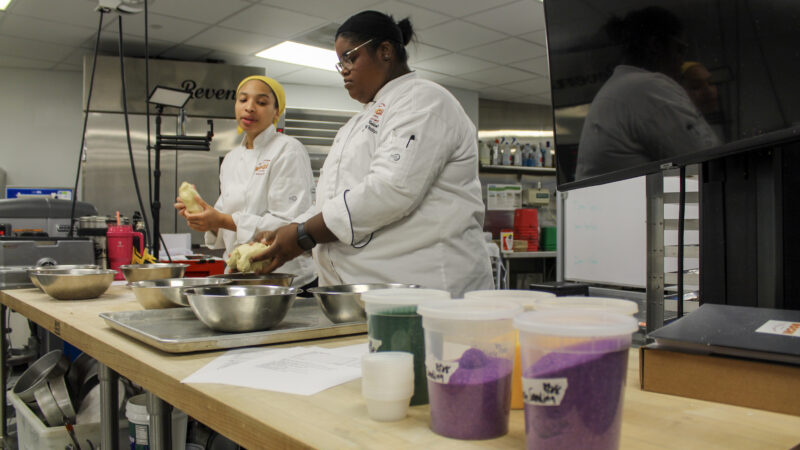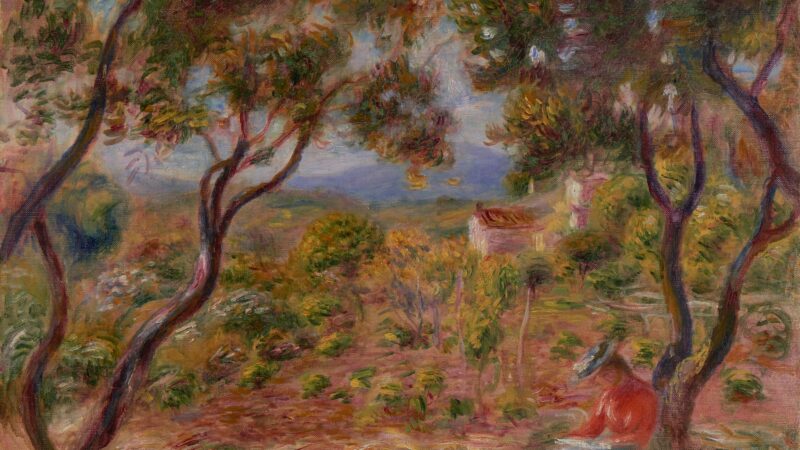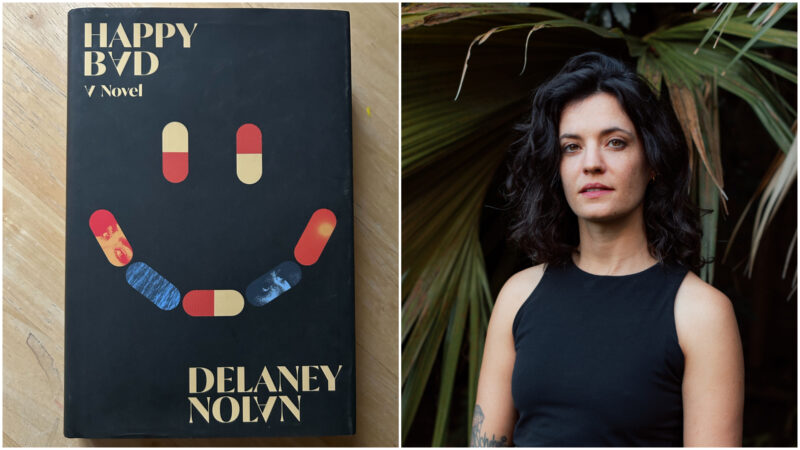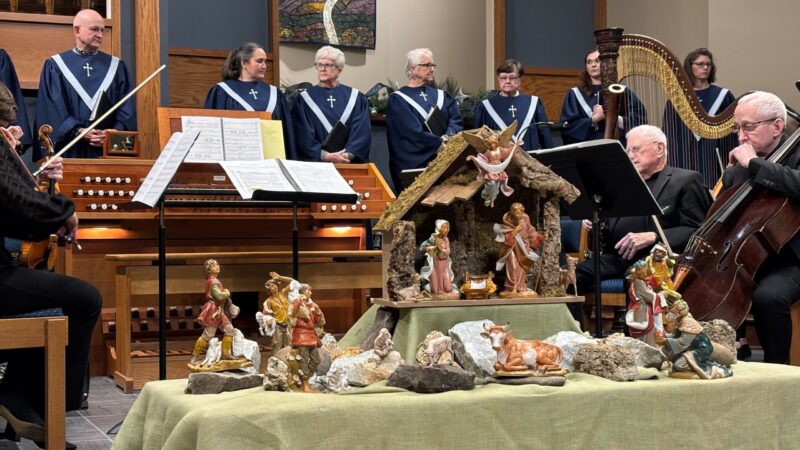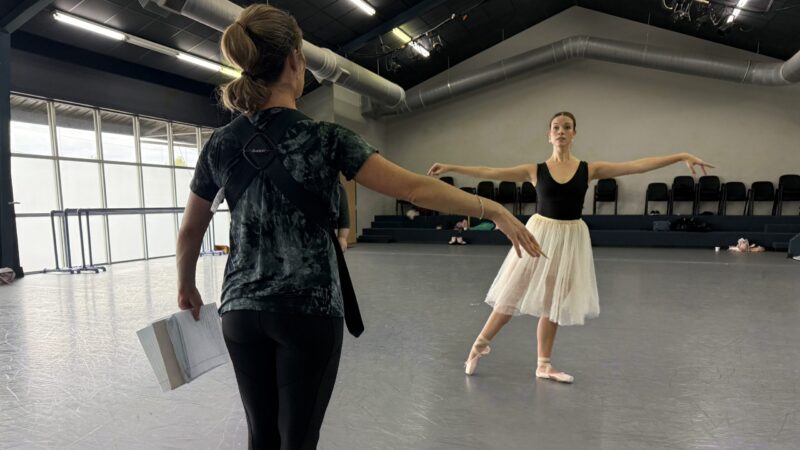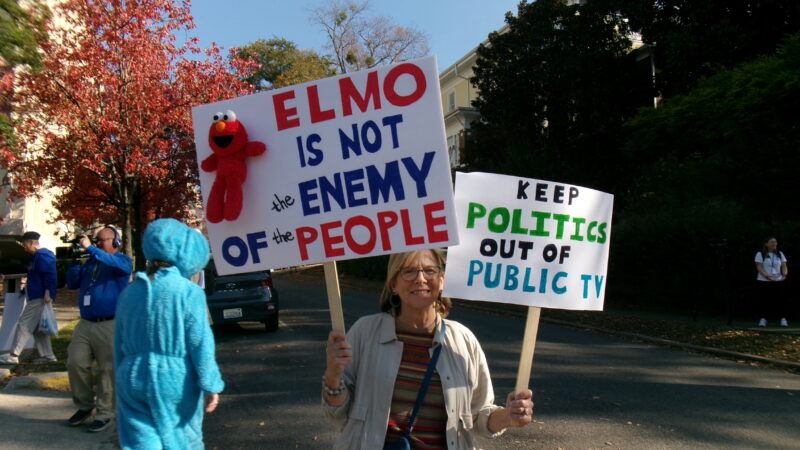Black History Month Specials on WBHM
In honor of Black History Month, WBHM presents four documentaries highlighting America’s racial past and the long, dramatic struggle for civil rights. Also, jazz with significant commentary on the African-American struggle, and a special themed Arc Stories featuring stories about growing up during the Civil Rights movement in Birmingham
Say it Loud: Great Speeches on Civil Rights and African American Identity
Tuesday, February 7 from 2-3 p.m.
Say It Loud traces the last 50 years of black history through stirring, historically important speeches by African Americans from across the political spectrum. With recordings unearthed from libraries and sound archives, and made widely available here for the first time, Say It Loud includes landmark speeches by Malcolm X, Lorraine Hansberry, Angela Davis, Martin Luther King Jr., Henry Louis Gates, and many others.
Radical Imagination: Jazz and Social Justice
Saturday, February 11 from 7-8 p.m.
Since its birth, jazz has served as a commentary on the African-American struggle. For this Black History Month special, Jazz Night in America holds a jazz conversation on social justice and change. Young pianist and composer Samora Pinderhughes’ multi-movement Transformations Suite combines theater, music and poetry to examine and explore the history of African diasporic protest, work and protest movements. Samora hopes to “use this exploration to imagine a way forward collectively for us in this new moment.” From Berkeley, CA this special will feature the Transformations Suite and explore Samora’s journey into forming a musical life around activism.
Thurgood Marshall: Before the Court
Tuesday, February 14 from 2-3 p.m. and 7-8 p.m.
Thurgood Marshall is best known as the first African American appointed to United States Supreme Court and as the lead attorney in the landmark school desegregation case, Brown v. Board of Education. Just as remarkable, Marshall was an instrumental figure in striking down the legal framework of segregation and establishing the foundation for modern civil rights law. In the 1940s and ’50s, Marshall was one of the most recognized black leaders in the country.
Remembering Jim Crow
Tuesday, February 21 from 2-3 p.m. and 7-8 p.m.
For much of the 20th Century, African Americans in the South were barred from the voting booth, sent to the back of the bus, and walled off from many of the rights they deserved as American citizens. Until well into the 1960s, segregation was legal. The system was called Jim Crow. In this documentary, Americans—black and white—remember life in the Jim Crow times.
Arc Stories: Stories About Growing Up During the Civil Rights Movement in Birmingham
Thursday, February 23 from 2-3 p.m. and 7-8 p.m.
Shelley Stewart: a young black boy who lives in the basement of a wealthy white family’s home and then he goes on to become a key player during the civil rights movement here in Birmingham.
Catherine Burkes Brooks: a young foot soldier during the civil rights movement who was arrested by Bull Conner, then driven in his car to be dropped off in the middle of nowhere on the other side of the state line.
Rickey Powell: young man whose good friend Cynthia Wesley invited him to church the morning of Sept. 15, 1963. He was unable to join because of a prior family commitment. Cynthia Wesley was one of the 4 girls killed in the bombing.
An Imperfect Revolution: Voices from the Desegregation Era
Tuesday, February 28 from 2-3 p.m
The 1970s saw a tidal change in American race relations: for the first time, large numbers of white, black and other children of color began attending school together. It was an experience that shaped them for life. Using first-person accounts of the era of “forced busing,” An Imperfect Revolution explores the ways school desegregation changed the nation.
At NOCHI, students learn the art of making a Mardi Gras-worthy king cake
With Carnival in full swing, the New Orleans culinary school gave its students a crash course — and a rite of passage — in baking their first king cake.
Birmingham Museum of Art brings a century of French Modernist works to town
Claude Monet and Henri Matisse may already be household names for fans of Impressionism, French painting or water lilies, but the Birmingham Museum of Art is offering a fresh look into 100 years of French modern art beyond the famed Frenchmen. It’s all in their newest exhibit Monet to Matisse: French Moderns, 1850–1950, opening Friday.
Q&A: How New Orleans author, journalist Delaney Nolan finds hope in her new novel
Nolan discusses the journey of writing her debut novel, how her journalism informs her fiction and more with the Gulf States Newsroom’s Drew Hawkins.
Sounds of the season: John Rutter’s ‘Magnificat’
The Magnificat is Mary’s song of praise in the Gospel of Luke. John Rutter's setting is influenced by Latin music.
How the Alabama Ballet makes Christmas magic with Balanchine’s Nutcracker
The Alabama Ballet is one of only eight companies in the world licensed to perform George Balanchine’s choreography for the Nutcracker. Balanchine’s production in 1954 first popularized the ballet as a Christmas holiday tradition across the country.
Alabama Public Television meeting draws protesters in Birmingham over discussion of disaffiliating from PBS
Some members of the Alabama Educational Television Commission, which oversees APT, said disaffiliation is needed because the network has to cut costs after the Trump administration eliminated all funding for public media this summer.

